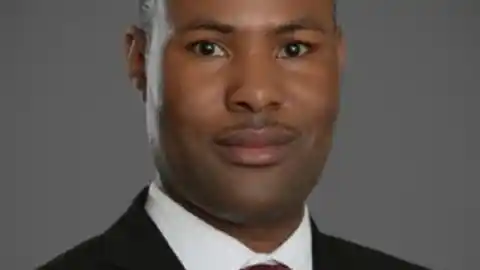A budget is an estimate of income and expenses over a period of time. A budget is an expression of self-awareness when it comes to personal finance. Personal finance is very personal because we use our income to help us fulfill our personal goals in life. It shows what someone value in terms of where they spend their money.
We can borrow from the most successful organizations such as Safaricom, KCB, and Microsoft etc. They do budgeting to help them achieve their financial goals. A personal budget will help you track the money that you earn and spend so that you can keep track of your financial goals.
In execution, Implement 3 key habits
- • Set a handful of Priorities (the fewer the better)
- •Gather quantitative & qualitative data daily and review weekly to guide decisions
- •Establish an effective daily, weekly, monthly, quarterly & annual rhythm that you can rely on.
Build a budget that works for you.
A surplus is when your income is higher that your expenditure while a deficit is when your expenditure is higher that your income. You have to be realistic and balance between ambition and reality so that you can take care of tomorrow today.
Create a vision that helps drive you towards you short term and long term goals. Your unique goals could be clearing debt, buying a house, retiring comfortably, investing more money etc
In managing cash, don’t run out of it. This means paying as much attention to how every decision that affects your cash outflows. Keep reviewing; those who pulse faster grow faster.
With the right fundamentals & mindset, you should be able to take your personal Finances to the next level. This is like climbing a mountain. Along the way, there are a series of camps: intermediate waypoints normally marking significant changes in terrain. If you don’t have this then it is possible to save KSh 10 million, KSh 20 million, KSh 50 million and then hand it over to scams and lose all of it.
Of importance is respecting the rules that keep you from being swept off the mountain (values).To use a simple analogy, many people dream of climbing to the top of Mt Kenya. Those who do it create a plan. They prepare themselves with a set of inviolable rules. Some start with Ngong Hills. They buy all the stuff they need to be ready which cost between 20k to 70k to make themready. They have a passion for the journey as they head towards the summit.
Once you have reached a milestone then it is a matter of focusing on the next day, making the necessary adjustments and steps that the mountain condition dictates. Those who have made such personal journeys report that it is ultimately about staying acutely aware as you push to take just one more calculated step.
There are no straight lines in business or life. As a winding river must follow the contours of the landscape on its way to the big prize (the ocean or a lake), we too must navigate our way to our biggest prize in personal finance journey. Habits set you free. The key thing is to keep your eyes on the prize and adjust accordingly.
You may set a goal to lose some weight or finish some task but unless you change some daily or weekly routines, it will never be accomplished. Goals without routines are wishes; routines without goals are aimlessly. The most successful people have clear visions and routines (disciplines) to make the visions become realities.




